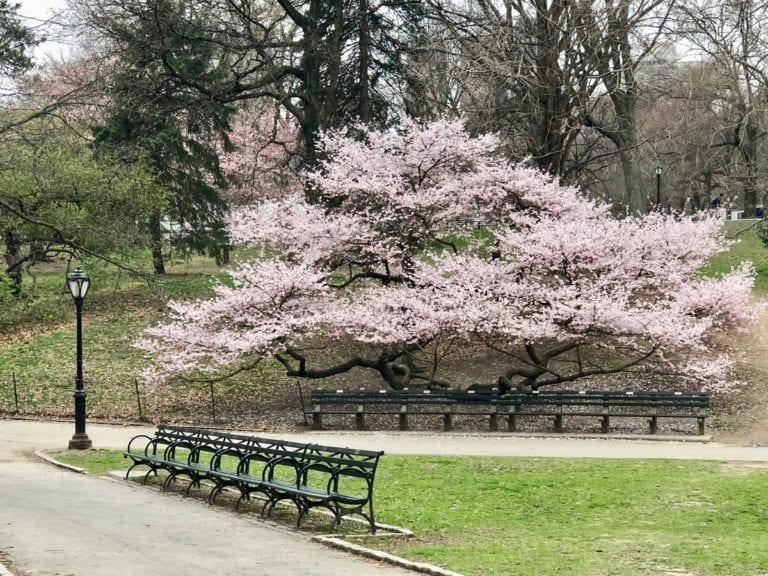767th Week: Practicing Mutual Empowerment
Listening to a cooking show on NPR this morning, there was an interview with a man who has a restaurant in Houston, TX called Underbelly Hospitality. I didn’t hear the very beginning of the interview, but the gist was that the owner/chef has a great interest in foods of every kind, from many different countries, and has spent a great deal of time with other chefs/restauranteurs in the area getting to know the in’s and out’s of their particular kinds of food, including Vietnamese and others. What struck me most powerfully is that he is a man who practices what I call “mutual empowerment”. At his restaurant, there was a time when the check for meals was accompanied by a list of other restaurants in the area where people could go, inviting them to explore how these foods tasted in various places. His goal was, and is, to share all the wonderful resources in his city and to cultivate his close relationships with other chefs in the city.
I’ve written before about the power dynamics of “power-over” and those of “mutual empowerment.” In the “power-over” model, there are only two positions: who’s on top and who’s on the bottom, who has power and who is over-powered. We see this kind of power relationship in many countries in the world right now, including the United States. In the “power-over” model, only a relatively few people are granted the privilege to have power over a vast majority of people. Many are left out…
In the “mutual empowerment” model, the assumption is that my power doesn’t take away from yours and yours doesn’t take away from mine, that there is enough to go around. I am free to promote you, as is the owner of Underbelly Hospitality promotes other restaurants in the area. Promoting someone else won’t diminish his power or success. In fact, it’s been my experience that empowering others tends to create collaborative potentials that serve everyone.
For this week’s experiment, I invite you to explore the dynamics and experience of mutual empowerment more deeply. For example, pay attention to opportunities that come your way that invite you to support or promote others. For example, within the current recognition of the legacy of white supremacy, if you are a white person, notice those moments when you can share your privilege with those who don’t have it. If you are a teacher, notice how you might promote, train, or offer your support to someone who is just beginning. This would apply to any kind of work. If you have an expertise, notice how it is to share it freely, with the intention to empower others.
Also, notice if you have any mixed feelings about empowering others. Mixed feelings wouldn’t be odd, because we are all conditioned in some way or another. Often, we learn a model of “lack”, where we are taught that if we share power we will lose status, position, material abundance. If you find any areas of constriction, play with what it’s like to tap into a model of “there’s enough to go around”, or “when I share with others, I increase everyone’s power, including my own.”
One of the things I have appreciated about living from a model of mutual empowerment is the way it calls on both generosity and gratitude, which are attitudes that contribute to a greater sense of well-being. I’ll write more about that another time, as there has been research on the positive effects of gratitude. It naturally nurtures a sense of connection and collaboration, which also tends to support well-being.
As with all these practices, there’s really no right way to do this one. Instead, it invites you to take a deeper dive into the dynamics of a way of being that, for me, is sorely needed at this time. To discover that mutual empowerment is actually more enlivening and satisfying can be a real gift and I say this from personal experience, both as a recipient and as a giver. I am a happier person, I feel more connected, and I find a kind of pleasure in supporting others that I doesn’t seem to arise if I’m only thinking about my own needs and outcomes.
Please remember to bring along curiosity as your constant companion and to pat gently on the head any judgments that may arise. Living with mutual empowerment dynamics breaks many of the cultural rules most of us have learned growing up, so it wouldn’t be surprising to have judgments come into awareness. Remember to allow them to move on through after you have gently patted them on the head…





Beautiful! Thank you for this Nancy!
Thanks so much, Nicole!